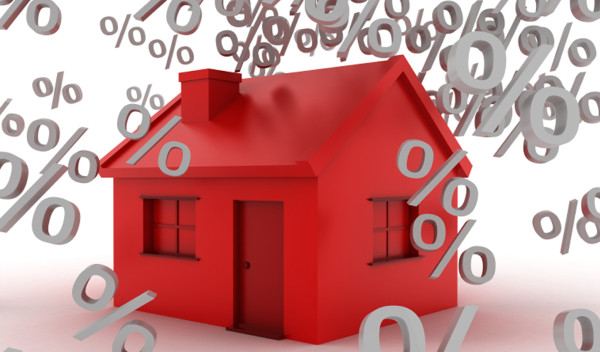

Land Registry house price data for March has shown an annual house price increase of 6.7 per cent, although prices were down 0.5 per cent on February.
The number of property transactions has increased over the last year.
From October 2014 to January 2015 there was an average of 73,744 sales per month, while in the same months a year later, the figure was 74,374.
The March data for London showed a monthly increase of 0.2 per cent. At 13.9 per cent, the annual change for London is considerably more than most other regions, explained the report.
The average price of property in the capital is £534,785 - in comparison with the average for England and Wales of £189,901.
The north east saw the only annual price fall, with a movement of minus 0.7 per cent, while Yorkshire and the Humber saw the most significant monthly price decrease, with a movement of minus 2.6 per cent.
Earlier today (28 April) Nationwide’s latest index showed that while UK house prices edged up 0.2 per cent in April, the annual rate of house price growth moderated to 4.9 per cent, from 5.7 per cent in March.
John Eastgate, sales and marketing director of OneSavings Bank, said this monthly dip in house prices contrasts with what has been a “red-hot” property market in March, with lending up 47 per cent as buyers rushed to move before the stamp duty deadline for second properties.
“Low interest rates will drive demand from both house purchasers and, increasingly, re-mortgagors, while an ongoing shortage of new houses in the UK is holding back supply,” he added. “Property values may see monthly fluctuations, but these underlying fundamentals are set in stone, and will continue to support prices in the long term.”
Yorkshire Building Society’s chief economist Andrew McPhillips suggested the EU referendum in June is likely to cause a fall in demand for UK properties from overseas investors.
“Conversely, most Brits’ desire to own a property should remain strong regardless of the looming EU vote, and many may therefore use this opportunity to snap up the homes that they would have otherwise had to compete with overseas investors for.”
peter.walker@ft.com



